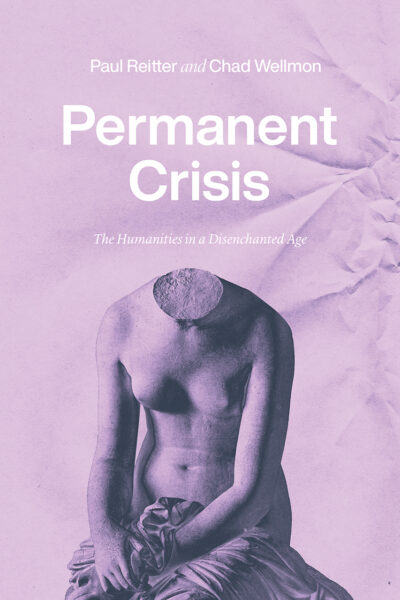To this gay, it comes as no surprise that a book called Villainy is about friendship. Queerness isn’t individual — it’s not something we can do on our own. We need each other just as much in the street as we do in the hot tub orgy.
Her enduring preoccupation with the permeable line between public and private, life and art, power and vulnerability, is on full display in The Hotel.
Self-Anointment with Lemons – Kristiane Weeks-Rogers
This book reminds us all of our collective past-what sustains us and what we can finally and gratefully release without forgetting.
None But the Righteous – Chantal James
While these canyons lead to Louisiana and through Hurricane Katrina’s pummeling, the overarching project of None But the Righteous is to situate this region and its most recent catastrophic event, within a wider and longer history of canyons and of pummeling.
Pilot Impostor – James Hannaham
The impostor sustains agency, decision, and responsibility. We pose. We become. We undo. We skirt expectations and evade labels. We reinvent and see the world in a new light.
From A Winter Notebook – Matvei Yankelevich
The friction against winter as constraint both shapes and animates the work.
Great books, touted over the decades for their accessibility, are clearly not being accessed.
Love Letter to Who Owns the Heavens – Corey Van Landingham
The takeaway? Nike presides over the world, then and now, and this poet is her messenger.
Philosophy of the Sky – Evan Isoline
For the readers who are keenly aware of their experiences of love, hatred and pain for, and fear of, the self, Isoline’s poetry will offer useful approximations of the vocabulary needed to meet them peacefully and poetically.
A Book About Myself Called Hell – Jared Joseph
For now, it is the best kind of commiseration — funny, poignant, and honest enough to hurt.











